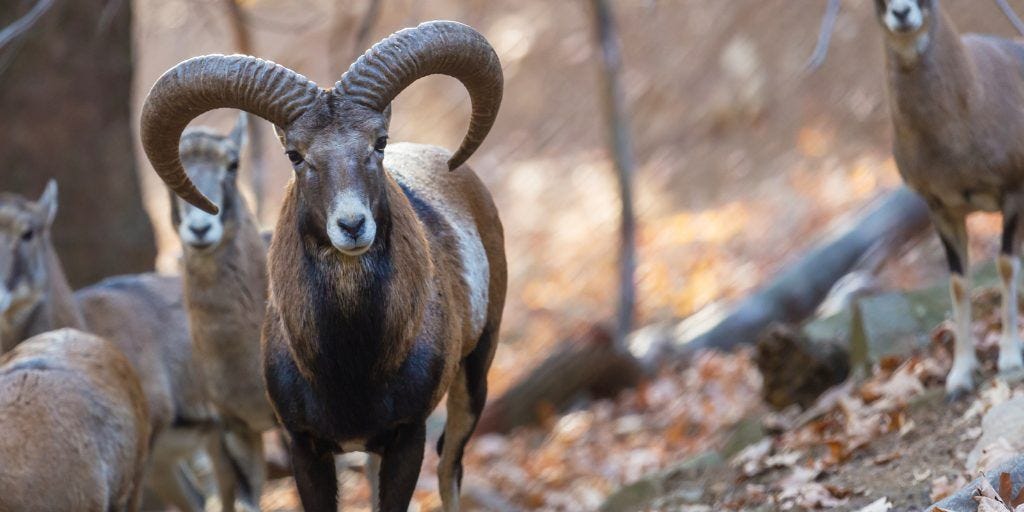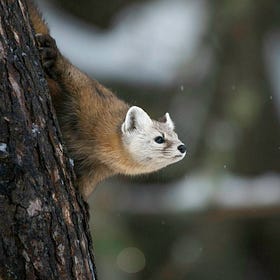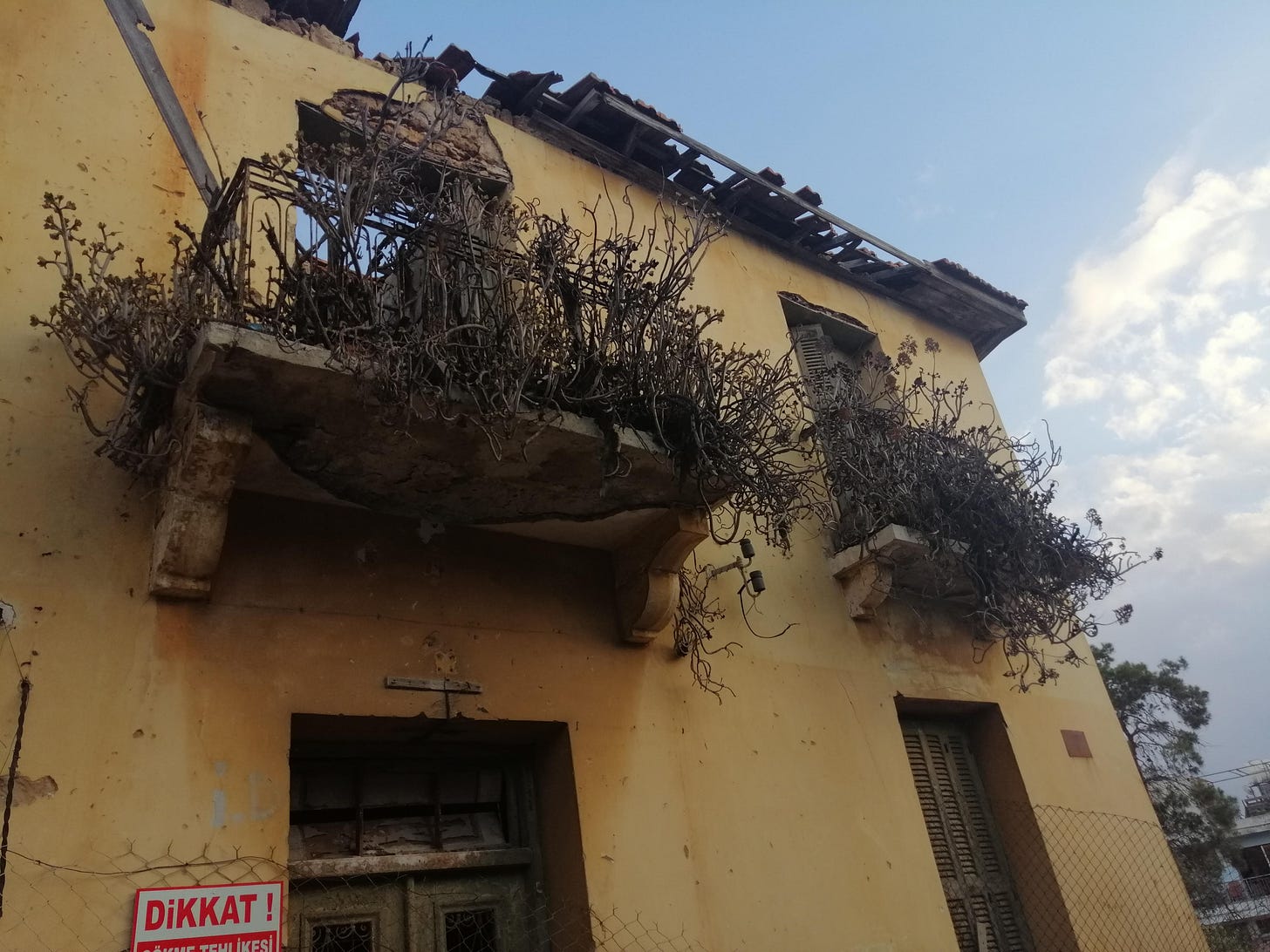Rewilding Cyprus: A Mediterranean Revival
People around the world are rewilding. Even Cyprus, a mediterranean nation has joined the rewilding movement.
Sitting at the crossroads of Europe, Asia, and Africa, the island of Cyprus boasts a rich tapestry of biodiversity. Yet, like many regions globally, it faces environmental pressures that threaten its unique ecosystems. In response, rewilding initiatives have gained momentum, aiming to restore degraded habitats and reinstate natural processes.
Rewilding in Cyprus: A Mediterranean Perspective
Rewilding in Cyprus presents a unique set of challenges and opportunities. The island’s Mediterranean climate, characterized by very hot, dry summers and mild, wet winters, shapes unique ecosystems. The Maquis shrubland is the dominant habitat in Cyprus. Its a dense, evergreen shrubland that has adapted to the nation's hot dry conditions. Then there are the Pine Forests which are found in higher elevations. The pine forests provide habitat for various species, play a crucial role in water regulation and produce diverse water-habitats important to many native species. Finally the island has numerous coastal wetlands and salt marshes that support migratory birds and diverse aquatic life.
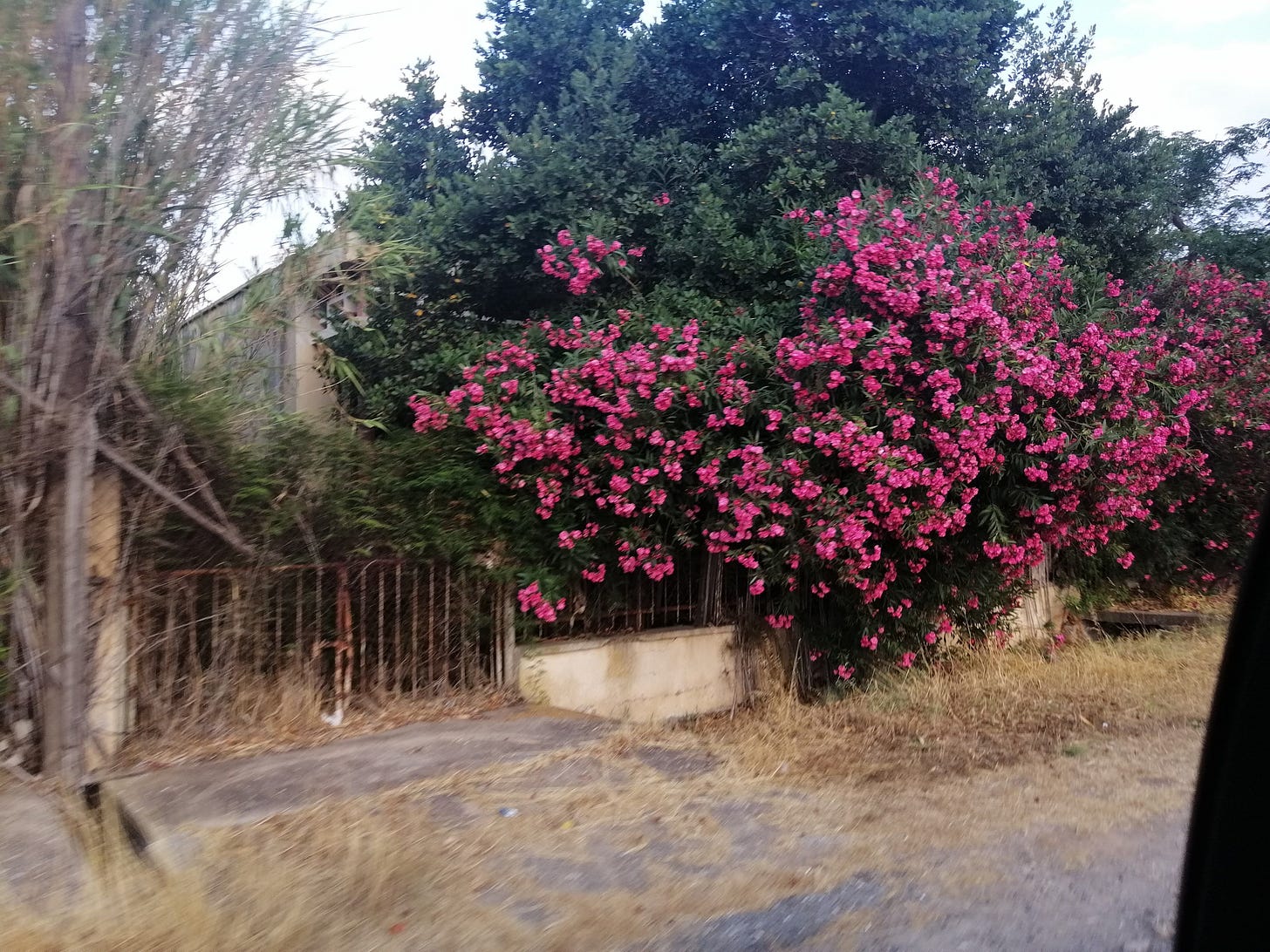
Rewilding efforts in Cyprus focus on restoring these three rich existing habitats which are being increasingly lost to urbanisation and desertification across the island. These are issues caused by Cyprus' growing global position in the world as a crossroads between Asia, Russia and Europe. Many environmental projects on the island focus on habitat loss and degradation driven by pressures of urbanisation, unregulated agriculture, and increasing tourism. The overgrazing by livestock impacts vegetation and soil health. Invasive species now threaten native flora and fauna. And climate change has contributed to exacerbating water scarcity and increasing the risk of wildfires.
Key Rewilding Projects and Approaches in Cyprus:
Akrotiri Peninsula: This area is a mosaic of wetlands, salt marshes, and coastal habitats. It is a crucial stopover for migratory birds. Conservation efforts focus on restoring wetland habitats, managing water resources, and controlling invasive species. By restoring water habitats, and utilising other conservation efforts Cyprus is providing space for the return of the hatching habitats of migratory birds, and building their populations. Populations that were falling precipitously in previous years.
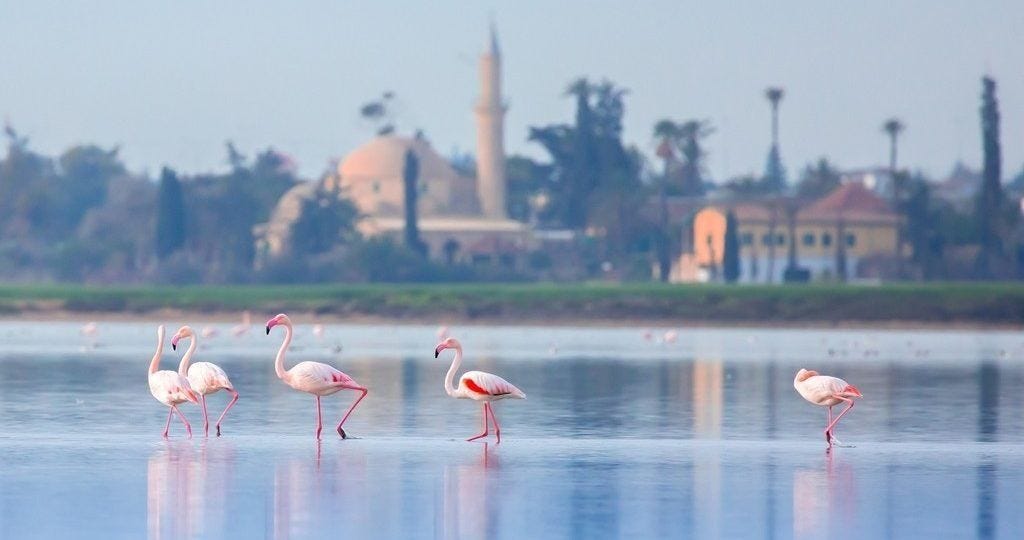
Cape Pyla: This coastal region is home to important habitats like maquis shrubland and sand dunes. Rewilding initiatives aim to restore these habitats, protect coastal ecosystems, and manage recreational activities.
Cyprus Mouflon Conservation: The wild sheep are a flagship species for conservation in Cyprus. Efforts focus on habitat protection, anti-poaching measures, and population monitoring. The sheep are not just endangered, but also the national animal of the country. Cypriots have reintroduced the animals to their original habitats in Mt Troodos particularly.
Forest Fire Management: Implementing sustainable forest management practices to reduce the risk and impact of wildfires. Wildfires have become a significant threat in the Mediterranean region. And they are increasingly prevalent in Cyprus over the last 5 years. It feels that summers are now defined by the wildfire threat to wildlife and natural habitats.
Just as we do in LettsSafari's rewilding parks in the UK, rewilding efforts in Cyprus maintain the overarching goal of restoring natural ecosystems by arresting the decline in biodiverse animal life, plantlife, and soil quality.
Collaboration and Knowledge Sharing:
As Cyprus' numerous projects reflect, there is potential for collaboration and knowledge sharing between organizations working on rewilding in different regions. Sharing best practices, research findings, and management techniques can benefit rewilding efforts globally. This is the goal of LettsSafari+ for the coming year, to share the best examples and workings of rewilding around the world.
2024: A Year at LettsSafari - Building a Silent Rewilding Movement
In 2024, LettsSafari worked hard to promote rewilding and biodiversity restoration. Our efforts encompassed expanding our rewilding initiatives, engaging our community through educational projects and content, and participating in global environmental movements. And, of course, we were never happier than doing the work on the ground in our very own Lett…
Rewilding in Cyprus is a vital endeavor to protect the island’s unique natural heritage. By understanding the specific challenges and opportunities within the Mediterranean context, rewilders can implement effective strategies to restore ecosystems and ensure a sustainable future for Cyprus’s biodiversity. It is in recognising our local contexts that we can understand the best ways to handle rewilding in our own local areas and become a crucial fabric to our communities.
Get more LettsSafari updates and wildlife photos from our twitter. And read the latest posts at the LettsSafari + website.



